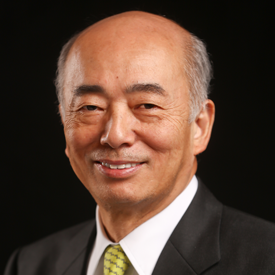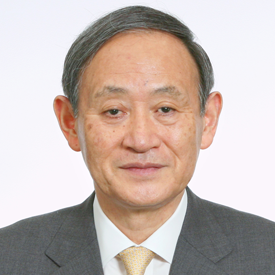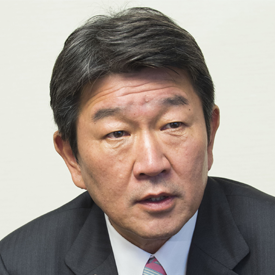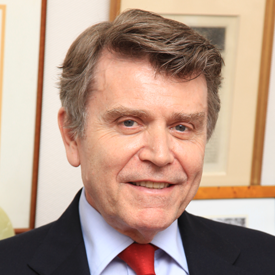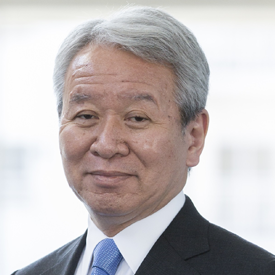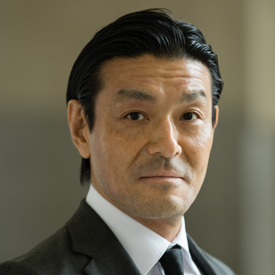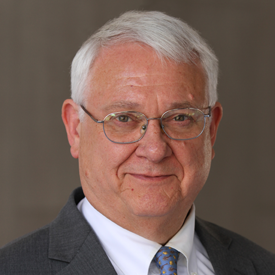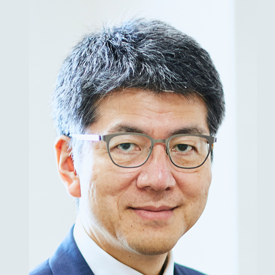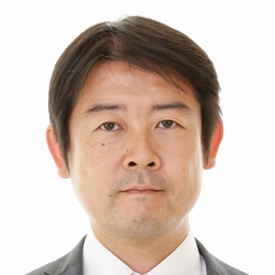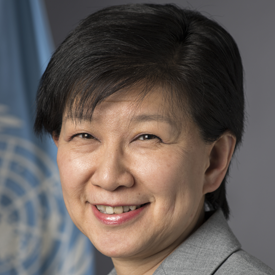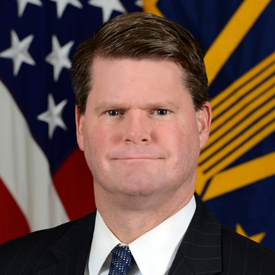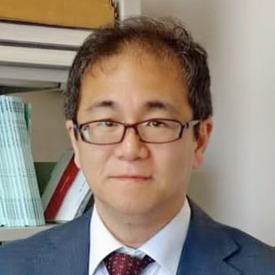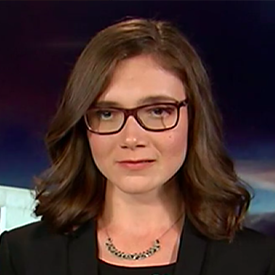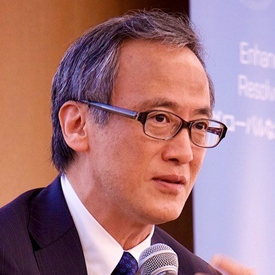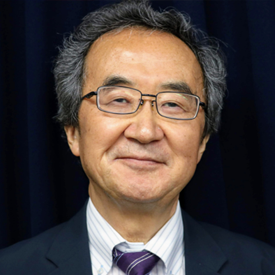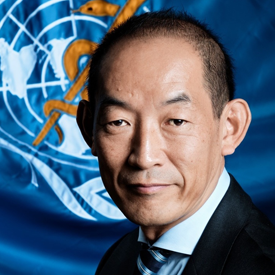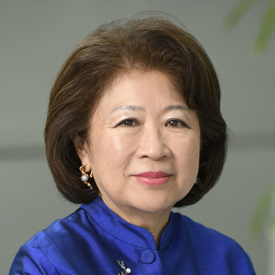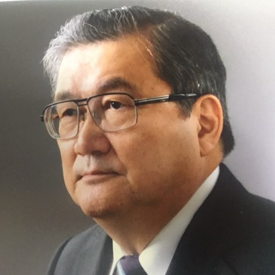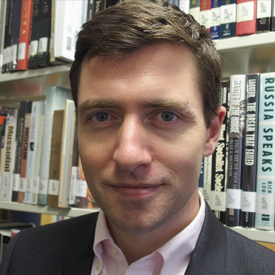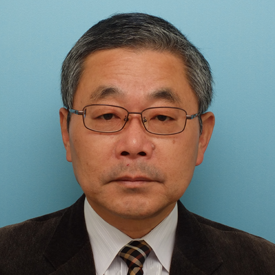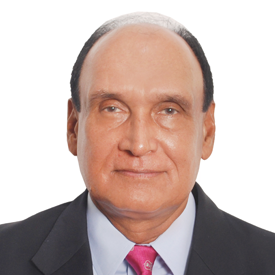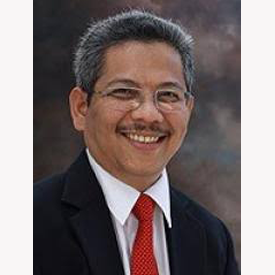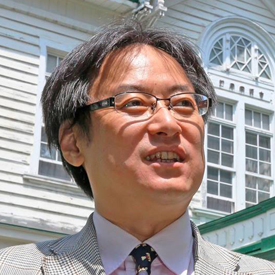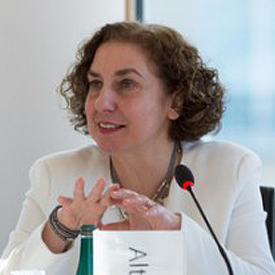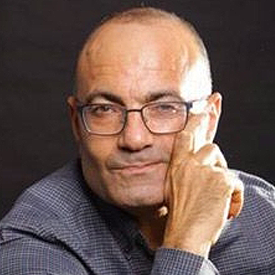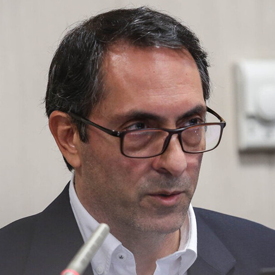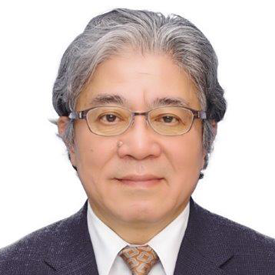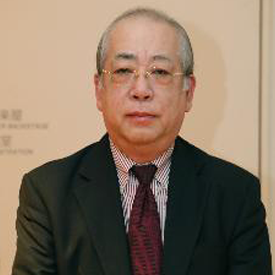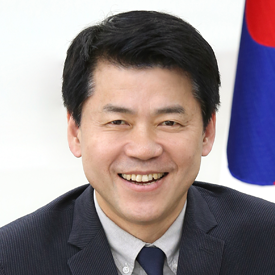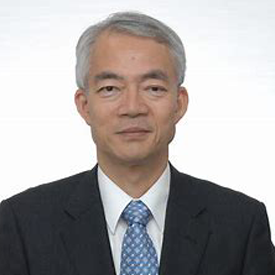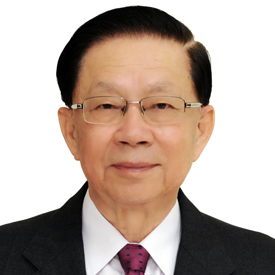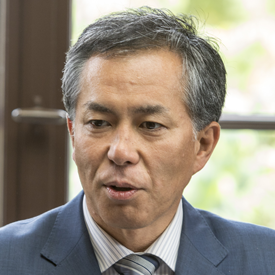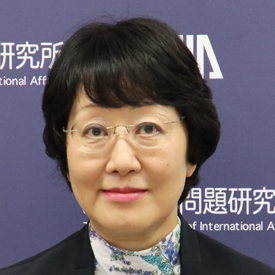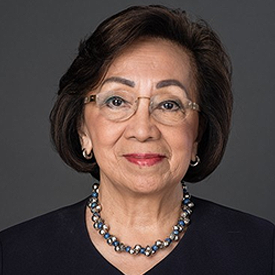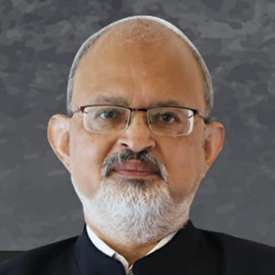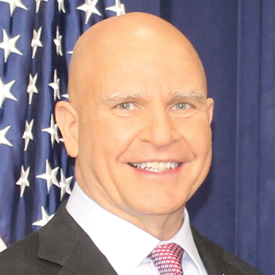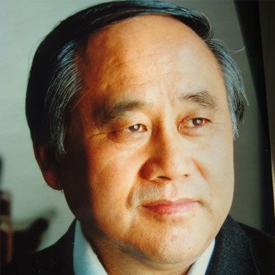Outline
Event Overview: Tokyo Global Dialogue (TGD)
The first Strategic Annual Report was published, and the first Tokyo Global Dialogue held, to commemorate the 60th anniversary of the Japan Institute of International Affairs (JIIA) in 2019. Following the success of these initiatives, the JIIA decided to issue the Report and hold the Dialogue on an annual basis starting from this year.
Following the publication of our Strategic Annual Report 2020 under the theme “The Indo-Pacific of Today and Tomorrow: Transformation of the Strategic Landscape and International Response”, the Second Tokyo Global Dialogue (TGD2) will be held online from February 25-27. Representatives from leading think tanks as well as prominent opinion leaders worldwide will focus on the intensifying US-China confrontation and strategic competition amid the global coronavirus pandemic, as well as on the Indo-Pacific region that is becoming divided and contested oceans as a consequence. In 12 thematic and regional sessions, the discussion will cover the international situation at the start of a new US administration and how Japan and the rest of the international community are projecting their future course.
- Format
- Live Streaming (Zoom Video Webinars)
We will use Zoom Video Webinars. Please prepare a personal computer, tablet or mobile device with an internet connection.
We recommend using a wired LAN for the Internet line. Please note that you may find some functions unavailable, depending on the device you are using and your Internet connection such as wireless LAN.
After confirming your application, we will send you the viewing URL by email by the day before the event.
- Simultaneous Interpretation
- English↔Japanese
- Registration Fee
- Free Admission
Event Registration is required in advance. Please click here to register now.
Program

| 17:30-17:40 |
OpeningWelcoming Remarks
Message
|
|---|
| 17:40-18:10 |
Keynote Speech
|
|---|
| 18:15-19:45 |
Roundtable Featuring JIIA Strategic Annual Report 2020In 2020, the US-China confrontation and strategic competition intensified amid the COVID-19 pandemic, covering every domain from military/security, advanced technology, supply chain control to the narrative over response to the pandemic. The rule-based international order faced severer challenges, and the multilateralism centered around the UN system fell into serious dysfunction. Following the introduction of the Strategic Annual Report 2020, the Roundtable will set the scene for examining “the Indo-Pacific of Today and Tomorrow: Transformation of the Strategic Landscape and International Response” through discussion of the current regional and international situation from a broad perspective. Moderator
|
|---|

| 9:00-11:00 |
Opening Plenary Session: US-China RelationsThe year of 2020 marks the deepening fluctuation of the international order and the strategic competition between the United States and China amid the corona-pandemic with the intensification of the US-China rivalry. How should we understand the current US-China relations? What kind of diplomatic strategies do the two countries adopt to overcome the confrontation? Can these diplomatic strategies by the US and China coexist? Will the two nations keep peace and stability regionally and internationally by the confrontation itself, by overcoming the competition, or by any other means? Moderator
|
|---|
| 11:00-11:30 |
Coffee Break |
|---|
Breakout Round Part I: Thematic Analysis
| 11:30-13:00 |
Breakout Session 1: US-China Military Balance and Prospects for Arms ControlThe US-China great power competition has been evolving into a serious confrontation that has been described by some as a "new cold war.” Military tensions between them over Taiwan are also increasing. Even under the pandemic of COVID-19, the People's Liberation Army continued its military activities in the Western Pacific. The intensifying US-China competition also has a significant impact on the debate over deterrence and nuclear arms control. This session will focus on military, security and arms control issues in US-China relations. Moderator
|
|---|
| 11:30-13:00 |
Breakout Session 2: Beyond the Geo-technology Competition?Has the competition for Geo-technology hegemony between the US and China irreversibly transformed the international system? How has the US-China competition for Geo-technology hegemony forced changes of market and industry’s behavior? As the Geo-technology rises, what are the options and roles for other actors, such as Japan? This session focus on the current situations and prospects of the 'Geo-technology'. Moderator
|
|---|
| 11:30-13:00 |
Breakout Session 3: Fallout of the COVID19 Pandemic and Crisis of MultilateralismIn response to the new coronavirus that has been rampant in the world since 2020, countries around the world have been pressed to take nationalistic approach to cope with the situation, thus failing to achieve effective international cooperation. Vaccination has started in some countries, but no global supply system of vaccines has been established and the threat of a pandemic continues. The Covid-19 crisis is also compelling countries to transform themselves into resilient and sustainable societies and economies. Multilateralism had faced a serious crisis even before the Covid-19, but the pandemic led to heightened level of mistrust towards WHO and other international organizations in many countries. Efforts to tackle the climate change are expected to be revived under the new US administration of President Joe Biden. Then, can the multilateralism in crisis respond to the various challenges that we are facing? Moderator
|
|---|
Breakout Round Part II: Regional Focus
| 15:00-16:30 |
Breakout Session 1: Russia’s View of the Strategic TransformationHow does Russia view the recent shift of the power balance in the Indo-Pacific region, and how does it intend to engage in this region under President Putin’s “Pivot to the East” policy? What is the strategic balance among the US, China and Russia under the new US administration, and what are the prospects for Japan-Russia relations? Discussions in this session will focus on Russia’s policy in the Indo-Pacific region from these perspectives. Moderator
|
|---|
| 15:00-16:30 |
Breakout Session 2: Southeast and South Asia’s View of the Strategic TransformationThe countries of Southeast Asia and South Asia are located in the heart of the Indo-Pacific region. How do these countries envision the present and future of the Indo-Pacific and how do they intend to get involved? Taking into account the impact of COVID-19 and great power politics, regional cooperation and domestic political and economic developments in this region, this session identifies the roles these countries should play in the future international relations of the Indo-Pacific. In particular, this session clarifies the roles of the countries in this region in contributing to the peace and prosperity of the Indo-Pacific region amid the growing tensions between the United States and China. Moderator
|
|---|
| 16:30-17:00 |
Coffee Break |
|---|
| 17:00-18:30 |
Breakout Session 3: Europe’s View of the Strategic TransformationThis session will shed fresh light on the potentials and constraints of the Euro-Japanese cooperation over the Indo-Pacific. Amid the Covid-19 pandemic, Joe Biden’s victory brought some relief for the US allies. However, as the Sino-American rivalry is unlikely to be eased soon, Japan and the European countries will have to navigate their way in a rough sea with no clear view. The common problem here is to reconcile the two imperatives: maintaining stable economic relations while confronting China's actions that threaten its values and interests. It is high time to explore the real potentials and constraints for Japan and Europe to cooperate over the Indo-Pacific, which is likely to be a central stage for these problems and the key to shaping the international order in the 21st century. Moderator
|
|---|
| 17:00-18:30 |
Breakout Session 4: The Middle East Amid the Pandemic and the Strategic TransformationAmid the global corona pandemic, situation in the Middle East continued to be mired in uncertainty. Israel and four Arab countries newly established diplomatic relations, and Gulf neighbors started their own reconciliation, while Iran remains isolated and the JCPOA in jeopardy, leading to further instability in the Strait of Hormuz. The COVID-19 exacerbated vulnerable communities that had already suffered from conflicts and economic predicaments following the 1st and 2nd Arab Springs. This session focuses on the strategic transformation in the Middle East, in relation to the new US Government’s policy toward the JCPOA, changes in the regional power balance, and impacts of the pandemic on the region. Moderator
|
|---|

Breakout Round Part III: Impacts of the Strategic Transformation
| 9:00-10:30 |
Breakout Session 1: Northeast Asian Security amid US-China CompetitionIn Northeast Asia, there are three potential conflict hot spots: North Korea, Taiwan, and the East China Sea. North Korea's nuclear and missile capabilities have improved dramatically in the last few years, and the Trump-Kim summit meetings did not lead to denuclearization. Tensions are rising around Taiwan, with the People’s Liberation Army frequently crossing the median line of the Taiwan Strait. China is also stepping up its provocation around the Senkaku Islands while increasing the PLA's naval and air force capabilities. Moreover, the intensifying confrontation between the United States and China will further deteriorate security situation in Northeast Asia. Moderator
|
|---|
| 9:00-10:30 |
Breakout Session 2: Impact on Territorial Issues / Rule of LawAs the strategic landscape of the Indo-Pacific region is shifting, what effect does and will it have on the territorial and maritime issues in the region? Will the strategic transformation impact on the importance of the rule of law? How are the countries reacting to the situation? This session will focus on some of the territorial and maritime issues in Japan and in the surrounding regions, including their background and recent developments, as well as the role of international law at the time of strategic transformation. Moderator
|
|---|
| 10:30-11:00 |
Coffee Break |
|---|
| 11:00-13:00 |
Closing Plenary Session: The Indo-Pacific of Tomorrow and International ResponseFaced with the profound transformation of the strategic landscape in the Indo-Pacific region, what are the policy choices that Japan, countries in this region and the international community including states outside the area, should take in the areas of diplomacy, military/security and economy? Can multilateralism and/or regional cooperation frameworks including QUAD provide an answer to the challenges this region are confronted with? Debate in this session will focus on the Info-Pacific of Tomorrow, based on the discussions in the previous sessions of TGD2. Moderator
|
|---|
|
Closing Remarks
|
*Honorifics and titles omitted, in no particular order.
*Please be advised that programs, speakers, session themes may be subject to change.











